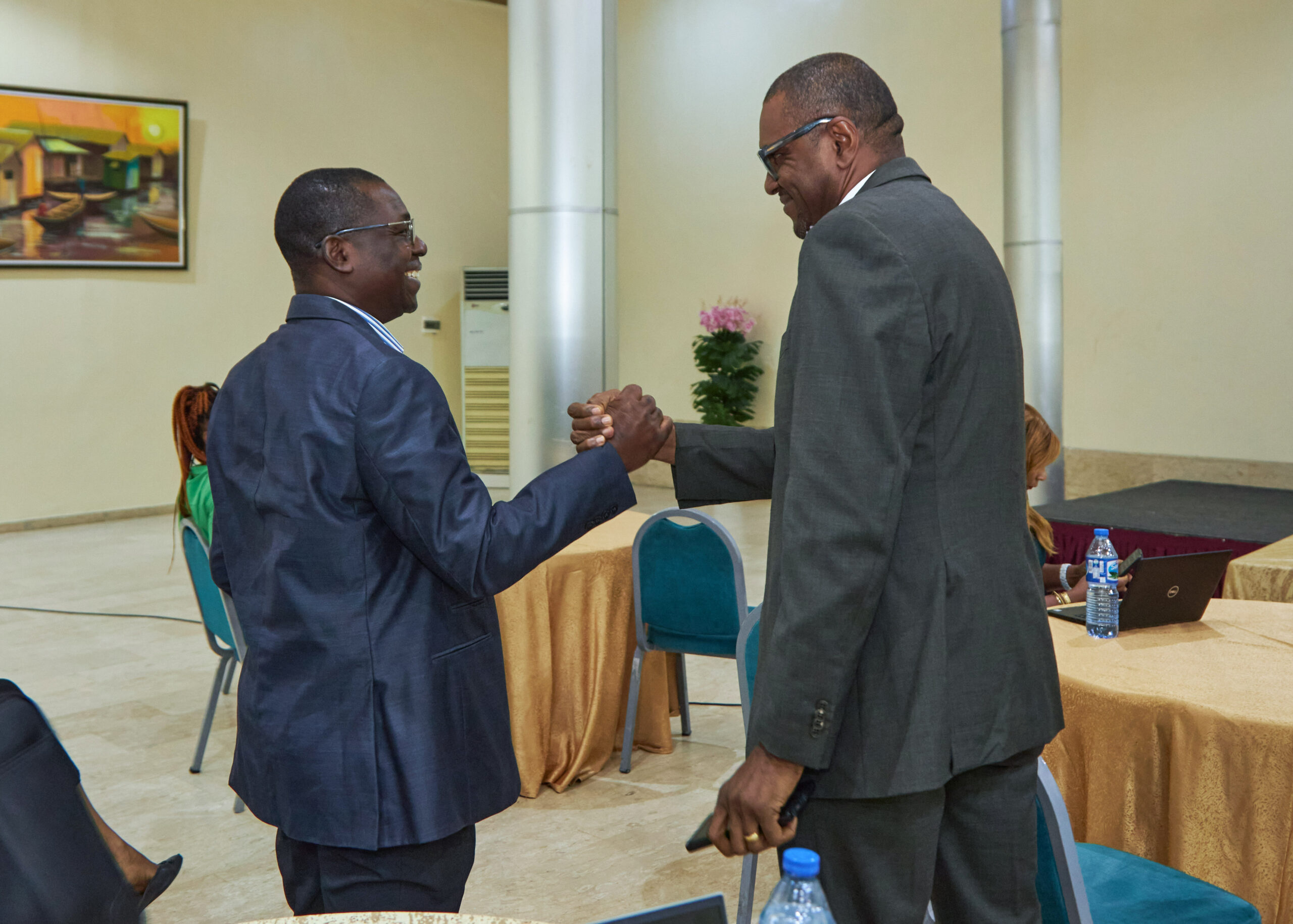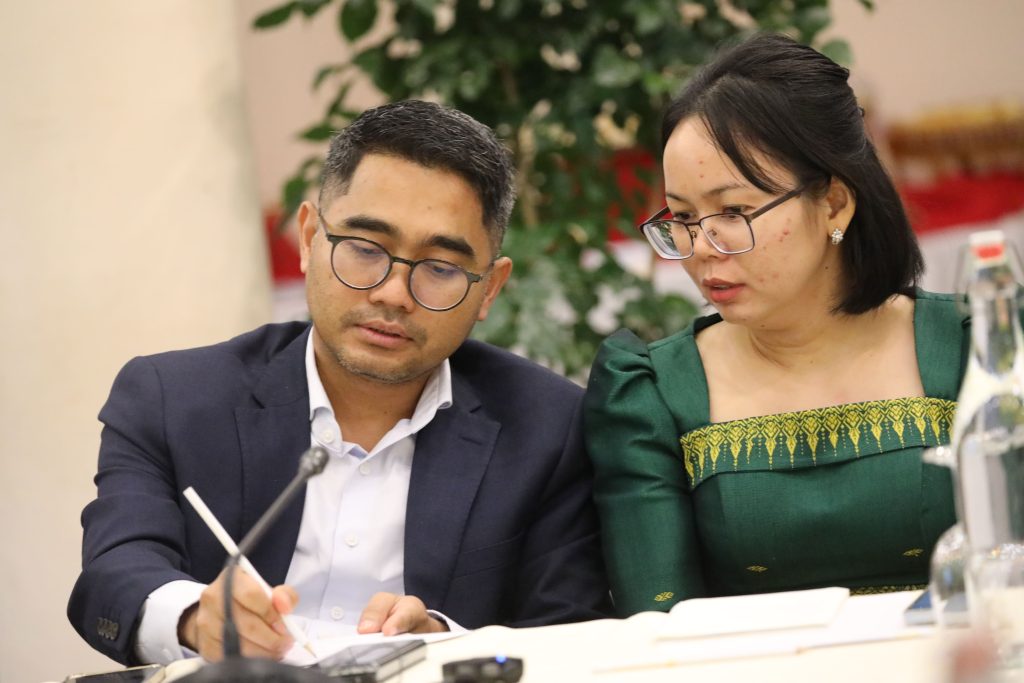
In global health, needs often exceed resources. Every day, governments, funders, and organisations face difficult questions: Which challenge do we tackle first? Which patients, and what unmet needs take priority?
This is why priority setting matters.
Priority setting is a structured approach to identifying what is the most urgent and, in turn, facilitates informed discussion on how to allocate limited resources to achieve the greatest possible impact. It goes beyond sorting problems by priority and urgency: it ensures decisions are transparent, evidence-based, and grounded in local realities.
The World Health Organization (WHO) emphasises that effective priority setting should be:
- Evidence-informed: drawing on disease burden, feasibility, and cost-effectiveness.
- Participatory: involving local authorities, healthcare professionals, patients and communities.
- Transparent: documenting how and why decisions are made.
- Equity-driven: ensuring resources reach as much of the population as possible, including vulnerable groups.
WHO guidance (including the Strategising national health in the 21st century: a handbook, chapter 4: priority-setting for national health policies, strategies and plans ) reinforces that priority setting is not only a technical exercise but also a matter of fairness and accountability.
City Cancer Challenge (C/Can) applies these principles at the health-system level to strengthen city-led cancer care in low-and-middle income countries (LMICs). We support local stakeholders to identify the most urgent gaps across the cancer care continuum and collectively decide on priorities that will drive system-level change.
Abuja Sets its Cancer Care Priorities
In June, Abuja reached a major milestone by completing a comprehensive city-wide cancer care needs assessment. The process engaged 13 health institutions, 66 health care professionals, 16 civil society organisations and 542 patients, ensuring strong local participation and ownership in identifying both capacities and gaps in cancer care.
Following the assessment, C/Can facilitated a multi-stakeholder priority-setting process to determine the focus areas for technical cooperation across the cancer care continuum. Using a transparent methodology, stakeholders reviewed a set of co-designed solutions emerging from the needs assessment and evaluated them against predefined criteria.
Radiology is the backbone of early detection, yet often overlooked in planning discussions. Through the C/Can needs assessment and priority-setting process, we had the opportunity to highlight diagnostic gaps, co-create feasible solutions and prioritize solutions that reflect the realities of both public and private facilities.
Dr. Iheanacho Chinaemerem Adaugo – City Technical Committee, Radiology
Two rounds of anonymous voting were conducted online between August and September 2025 using a modified Delphi method, a structured process that gathers input through successive rounds of questionnaires until consensus is reached. [1] In round one, stakeholders scored proposed solutions based on impact and implementation (financial, human resources, and institutional readiness). In round two, they classified each solution as a short-, medium-, or long-term priority based on aggregated results from round one.
Stakeholder engagement was remarkably strong, with an 85% response rate in round one and 91% in round two, demonstrating strong local ownership and collective commitment.
The process highlighted key strategic pillars for strengthening Abuja’s cancer care ecosystem: stronger governance and data systems, availability and maintenance of equipment, a skilled and motivated workforce, improved quality of care, and empowered patients.
The Abuja C/Can process showed what true collaboration looks like, with clinicians, policymakers, CSOs and patients aligning around shared priorities. It’s a model for how cities can design cancer care systems that are both patient-centered and sustainable.”
Dr. Oiza Tessy Ahmadu – Technical Committee Lead, Core Treatment.
A blueprint for sustainable change
Based on the prioritisation results, C/Can and stakeholders are developing Abuja’s Strategic plan and City Programme focused on high-impact, feasible solutions to be implemented over the next two years. Progress and outcomes will be closely tracked throughout the city programme execution phase.
C/Can’s health systems approach ensures that cities like Abuja build equitable, resilient cancer care from the ground up. When cities lead and communities participate, priority setting becomes more than a technical process, it becomes a pathway to equity, accountability, and sustainable change.
[1] The Delphi Method is a structured process that uses a series of questionnaires or “rounds” to gather information until the group consensus is reached. It allows a large number of individuals from diverse locations and areas of expertise to participate anonymously. https://journals.plos.org/plosone/article?id=10.1371/journal.pone.0020476





